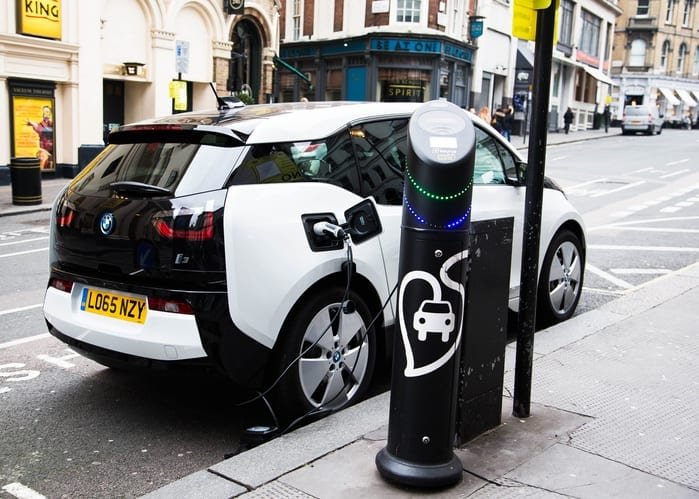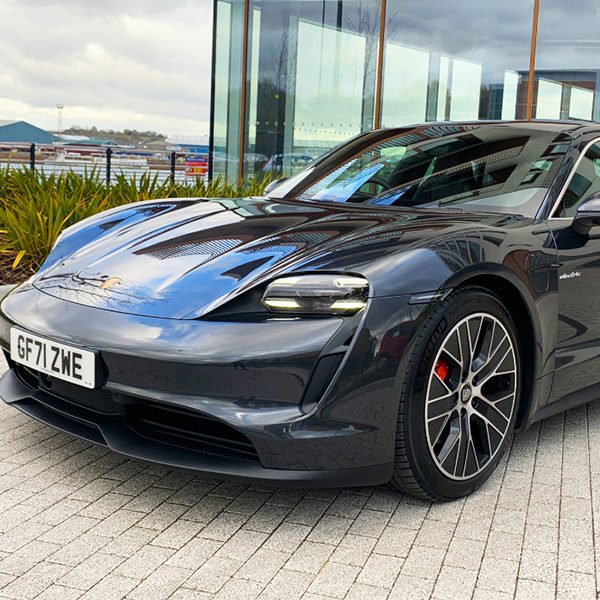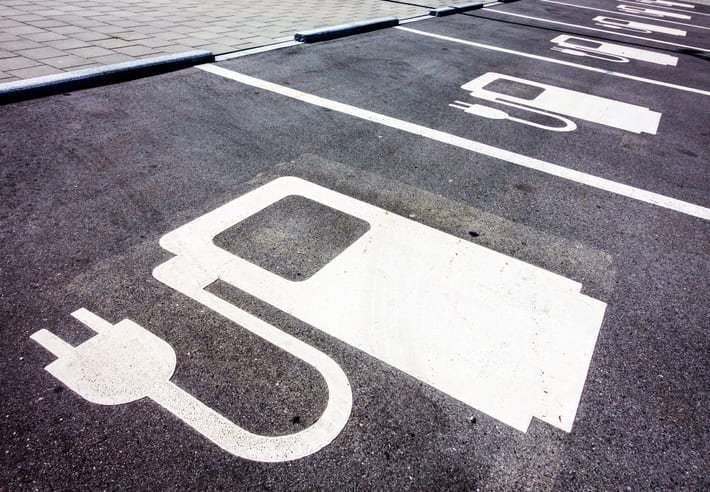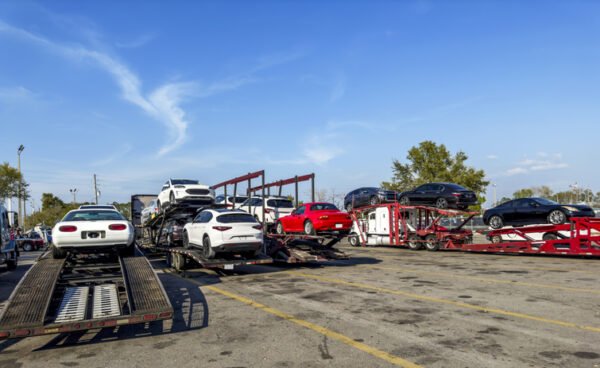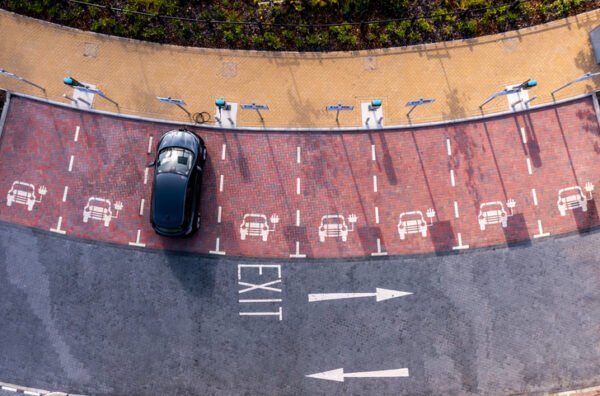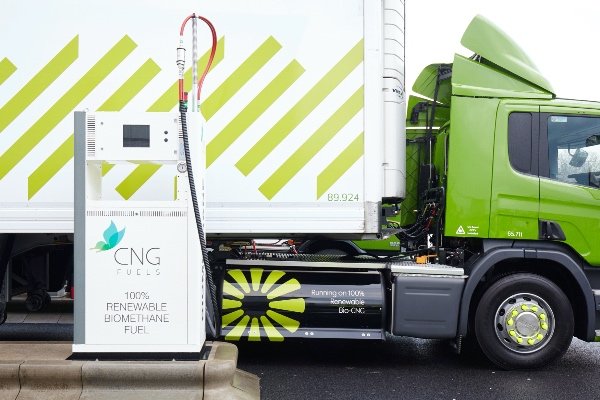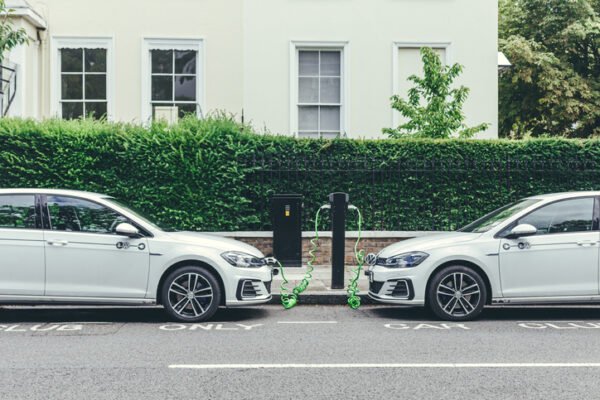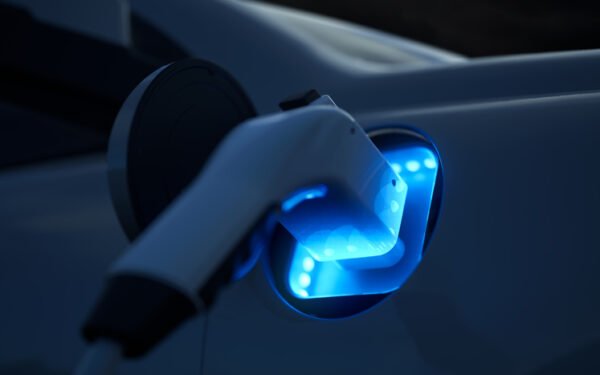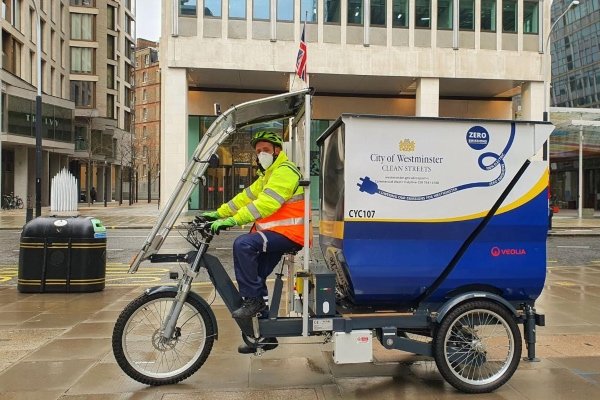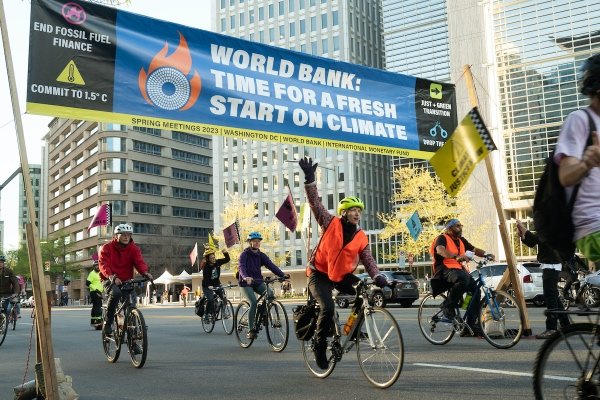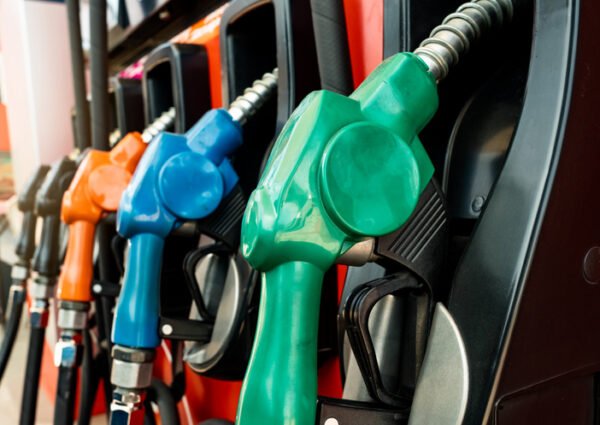Commonly found at petrol or service stations, they are also in community spaces too such as supermarkets and public car parks.
Some local businesses install them to generate additional revenue, too – so it’s worth checking a local map to see what’s available. Locations aren’t always obvious.
Supermarkets are the most convenient of these options, giving a full charge while you do the weekly shop.
Lidl is installing more rapid chargers than all the other retailers combined, though Tesco recently partnered with PodPoint to install more. Most supermarkets use the slower 7kw chargers.
On-street EV charging
Finally, curb-side EV chargers are being installed by councils. Typically installed in lampposts and other existing street furniture, they charge at a rate of 7-20 miles per hour, depending on the system.
With cars typically parked overnight for 8+ hours, charging doesn’t need to be fast.
Sadly curb-side EV chargers are still rare outside London, however the technology has been proven to work so adoption should accelerate.
Coventry, Reading, Brighton, Portsmouth and Amersham are some of the early adopters of solutions from Chargy and CityEV.
Could you switch to an EV?
So, could you live with an EV without a driveway? Yes.
Workplace charging is by far the most suitable for those without a driveway, but we’re seeing more and more alternatives also installed at supermarkets and on terraced streets.
Rapid chargers are popping up in more locations, and can be a good backup for emergencies.
Unless you have exceptional driving habits, current EVs are suitable for most people, even without a driveway.
We welcome the improvement of range and battery technology, but as of 2021, existing EVs will fit into most people’s lives with only minor behavioural changes – just remember to plug in when you park!
 Play Video about This Rock Might Just Save The World
Play Video about This Rock Might Just Save The World Play Video about Play 2 hours of rock
Play Video about Play 2 hours of rock Play Video about Play 2 hours of brook
Play Video about Play 2 hours of brook Play Video about Play 2 hours of sheep
Play Video about Play 2 hours of sheep

















